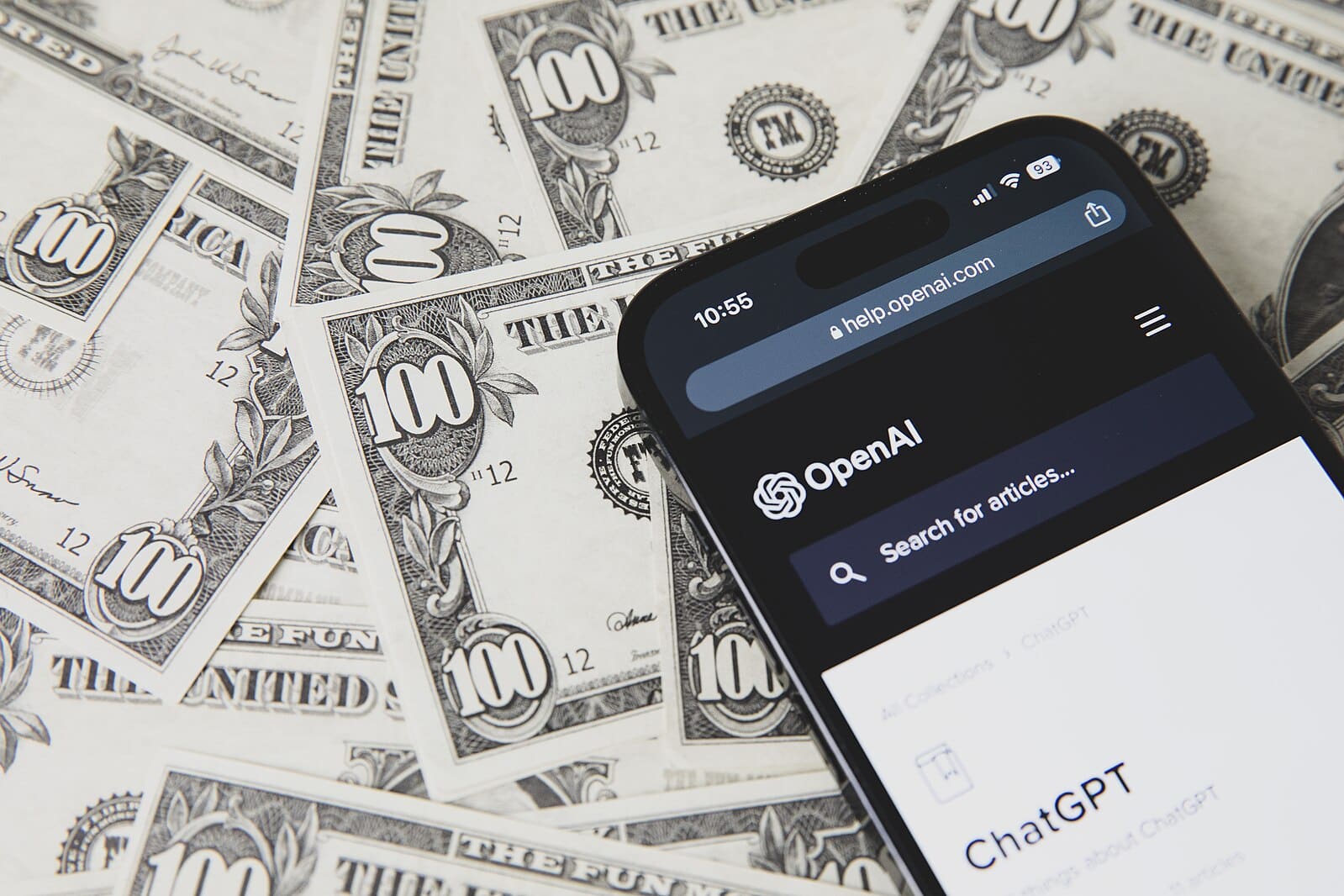As online poker continues to captivate enthusiasts worldwide, the search for effective strategies has led many to explore various tools and resources. Among these is ChatGPT, an AI language model developed by OpenAI. Barry Collins from Forbes recently undertook an intriguing experiment: he used ChatGPT to analyze his play in online Texas hold ’em games, seeking to understand whether this AI could serve as a valuable poker tutor. Here’s how his experiment went.
Assessing ChatGPT’s Poker Proficiency
The primary question Collins sought to answer was whether ChatGPT, a general-purpose chatbot, could competently play poker. Unlike AI systems designed specifically for poker, such as Google DeepMind’s AlphaGo, ChatGPT does not specialize in the game. Nonetheless, a study by Berkley researcher Askhat Gupta indicated that ChatGPT exhibits a considerable understanding of poker principles, including the valuation of starting hands and positional play, elements crucial to game theory optimal poker. So this convinced Collins to carry out his experiment.
However, the AI’s strategy showed variability across different iterations. Collins noted in his Forbes article that earlier versions of ChatGPT played conservatively, focusing on premium hands and folding the rest. This cautious approach could be easily exploited by observant opponents who might avoid pots when the AI committed, sensing its preference for strong hands.
More recent evaluations of GPT-4, a version still in use today, revealed a stark contrast. GPT-4 demonstrated a loose and aggressive style, often betting aggressively. Gupta’s study found that while both the conservative and aggressive strategies reflected advanced understanding, neither adhered strictly to game theory optimal play.

How ChatGPT Analyzes Poker Performance
ChatGPT’s potential shines more in post-game analysis rather than live play advice. Collins pointed out that online poker platforms, such as GG Poker, allow players to download hand histories from their games. By uploading these histories to ChatGPT, players can receive detailed feedback on their decisions.
Collins tested this feature by submitting a 60-hand history from a recent cash game. ChatGPT analyzed his play across several hands, offering strategic advice and critiques. For instance, in one hand where Collins bluffed on the river with a large bet, ChatGPT recommended balancing bluffs with value bets to avoid predictability. This reflects sound strategy found in many poker guides.
The AI can also scrutinize specific hands where players won significantly or suffered substantial losses. Collins provided an example where he lost with a strong opening hand—a pair of kings. An ace on the turn led to cautious play, and ChatGPT validated his decision to fold in light of the betting patterns, affirming that it was a reasonable response given the circumstances.
Advanced Analysis with ChatGPT
ChatGPT’s capabilities seem extend beyond basic strategy advice. Collins explored advanced features by using the GPT store’s “Poker Hand Analyzer,” which runs Monte Carlo simulations. This tool calculates the likelihood of winning a hand by considering a range of plausible opponent holdings based on observed betting behavior.
In a specific scenario involving a pair of kings, ChatGPT provided instructions to run a Monte Carlo simulation using Python. Despite the technical complexity, the simulation offered a detailed probability analysis, suggesting Collins had a roughly even chance of winning with his hand. Comparatively, the PokerNews Odds Calculator gave a slightly higher winning probability but lacked the nuanced betting context considered by ChatGPT.
Recognizing ChatGPT’s Limitations
While ChatGPT provides valuable insights, Collins acknowledged its limitations. Its advice generally aligns with standard poker strategies found in books and videos by professional players. It effectively identifies common mistakes, such as over-betting weaker hands and missing potential straights.
However, Collins observed occasional inaccuracies in ChatGPT’s feedback. For instance, it once misidentified an unsuited hand as a “suited connector.” These errors, though minor, can undermine confidence in the AI’s recommendations.
Ultimately, while ChatGPT may not transform an amateur into a professional poker player, it serves as a useful tool for refining basic strategy and reviewing past performance. Collins learned that while he might not become an online poker millionaire with ChatGPT’s help, the technology offers a constructive supplement to traditional learning resources. So to answer the question—no, ChatGPT can’t teach you to play online poker like a pro. But learning from the pros like Daniel Negreanu might.








